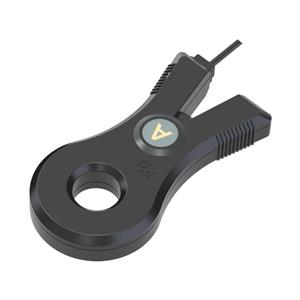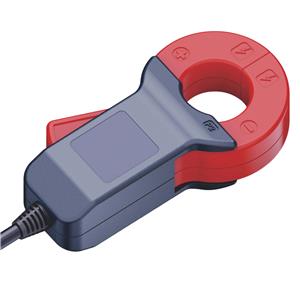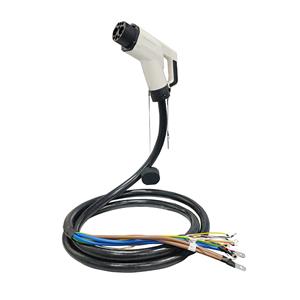-
2309-2024
Shunt Resistors
In the realm of modern electronics engineering, shunt resistors serve as a fundamental and crucial component in circuits, playing an indispensable role in power measurement, temperature compensation, power management, and various signal conditioning systems. This article aims to delve into the definition, function, applications, and latest research trends of shunt resistors to provide readers with a comprehensive understanding.
-
2108-2024
Applications of Tin-Plated Battery Shunt Resistors
In the automotive industry, they are crucial for battery management systems. They help monitor the current flowing in and out of the battery, enabling accurate charging and discharging control. This ensures the battery's longevity and optimal performance, especially in electric and hybrid vehicles where battery health is of paramount importance.
-
1308-2024
Exploring the Performance Characteristics of Tin-Plated Battery Shunt Resistors
Tin-plated battery shunt resistors are specialized components designed to offer specific performance features that cater to applications requiring precise current measurement and control, particularly in battery systems. These resistors are characterized by unique properties that enhance their functionality in various settings.
-
1008-2024
The Versatile Applications of Precision Shunt Resistors
Precision shunt resistors, an essential component in electrical circuits, find their applicability in a wide range of scenarios where accurate current measurement and control are of utmost importance. Their precision and reliability make them invaluable in various industries.
-
0112-2023
Thermal Effects and Temperature Drift of Current Shunt Resistors
In the field of electrical engineering, Current Shunt Resistors are widely used for accurate current measurements. However, it is important to consider the thermal effects and temperature drift characteristics of these resistors to ensure their reliable performance. This article aims to explore the impact of thermal effects and temperature drift on Current Shunt Resistors and discuss strategies to mitigate their influence.
-
2301-2024
Selection Criteria for Precision Shunt Resistors
Providing guidance on selecting the most suitable precision shunt resistors based on application requirements, including factors such as resistance value, tolerance, power rating, and thermal considerations.
-
0102-2024
Applications of Precision Shunt Resistors in Current Measurement
Discussing the role of precision shunt resistors in current measurement applications, including power supplies, battery management systems, motor control, and electronic load testing.
-
2809-2023
Technological Prospects of Precision Shunt Resistors
Precision shunt resistors play a crucial role in electrical circuits by accurately measuring current flow and enabling precise current sensing applications. Over the years, advancements in technology have led to the development of innovative precision shunt resistors, offering improved performance, enhanced accuracy, and expanded applications. In this technical document, we will explore the promising technological prospects of precision shunt resistors.
-
2901-2024
Advantages of Precision Shunt Resistors
Highlighting the advantages of using precision shunt resistors, such as their high accuracy, low temperature coefficient, excellent stability, and ability to handle high power dissipation.
-
2401-2024
Comparing Precision Shunt Resistors with Other Current Measurement Techniques
Comparing Precision Shunt Resistors with Other Current Measurement Techniques: Comparing precision shunt resistors with alternative current measurement techniques, such as Hall effect sensors and current transformers, discussing the advantages and limitations of each method.




